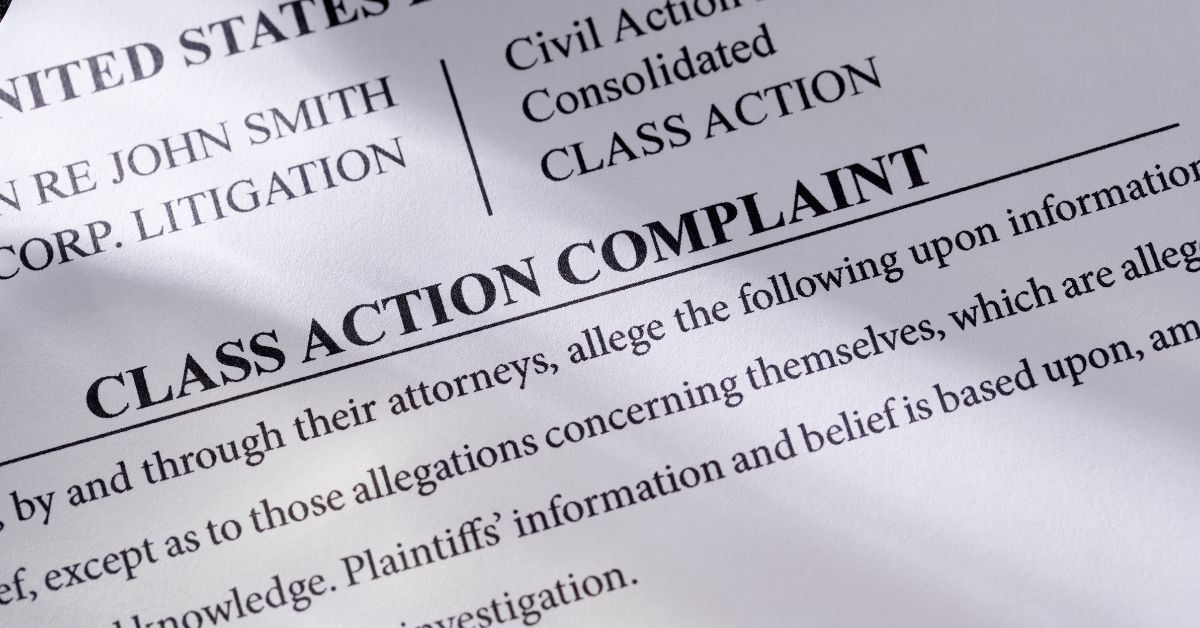How Long Do You Have To Sue An Estate
How Long Do You Have To Sue An Estate Time Limits for Challenging Wills and Trusts
When questions arise about the validity of a deceased individual’s will or trust, it’s crucial to address them promptly, as California imposes strict time constraints for contesting these legal documents. Waiting too long could jeopardize your rightful inheritance.
If you believe you have a legitimate interest in an estate or trust and have identified one or more grounds for contesting a will or trust (or if you need assistance determining these grounds), it’s advisable to consult with an experienced will and trust contest attorney as soon as possible.
While certain exceptions may allow you to contest a will or trust after the designated time frame has passed, the statute of limitations for such contests is generally inflexible. This is because contests can significantly delay the administration of trusts or estates, subsequently delaying the distribution of assets to beneficiaries.
If you are uncertain about whether you fall within the contesting time limit or wish to explore your options if the statute of limitations has expired, Keystone Law Group’s proficient probate attorneys can provide guidance.
When Can You Challenge a Will?
A will is a legal document specifying how a person’s assets should be distributed after their demise. It becomes effective upon the testator’s death, but asset distribution to beneficiaries is subject to probate, a court-supervised process for verifying the will’s validity.
The deadline for filing a will contest depends on whether the will has been admitted to probate:
Before Probate: A will contest can be initiated before the will is admitted to probate, and there’s no specific time limit.
After Probate: If the will has already been admitted to probate, the statute of limitations for contesting it is generally 120 days from the admission date.
Ideally, you should begin contesting a will as soon as you’re notified that someone has petitioned for probate. This typically involves filing a formal objection to the probate petition, a task best handled with legal assistance, given California’s absence of a standard objection form. Initiating this objection can potentially prevent the will from being admitted to probate before the court legitimizes it, which may be a cost-effective alternative to a full-blown will contest.
Once the probate petition is granted, you lose the option to file a formal objection and must instead initiate a will contest and petition to revoke probate within the 120-day time limit.
Challenging a will can be complex, especially for those unfamiliar with probate law. Engaging an experienced will contest attorney is a wise investment.
Is Contesting a Will After Distribution Possible?
While extremely rare, it might be conceivable to contest a will after asset distributions. However, recovering assets that have already been distributed is exceedingly challenging. It’s generally advisable to contest a will before it’s admitted to probate and before beneficiaries receive their bequests.
Delaying a contest until after distribution carries several disadvantages, including the potential loss of assets, opposition from beneficiaries defending their distributions, and prolonged emotional stress on family members involved. Therefore, it’s advisable to consult an experienced estate lawyer before pursuing such a contest.
Can You Contest a Will After Probate Is Granted?
While it’s not the typical timing for will contests, you can contest a will after probate is granted, provided it falls within the 120-day contesting period. Filing a formal objection before probate is often preferable, but contesting post-grant is feasible. Keep in mind that the costs associated with such contests are usually higher, and beneficiaries may experience delays in receiving their inheritances.
It’s worth noting that if you had prior notice of another person’s will contest and failed to join, you may be barred from contesting the will after probate under Probate Code Section 8270(a). Therefore, prompt consultation with a will contest attorney upon a decedent’s passing, especially if contemplating a contest, is crucial.
When Can You Challenge a Trust?
A trust is a legal arrangement where a trustee holds assets on behalf of beneficiaries. Unlike wills, trusts avoid probate but rely on trustees and interested parties to validate their validity. California Probate Code section 16061.7 mandates trustees to notify beneficiaries and heirs about trust administration within 60 days of the settlor’s death.
The statute of limitations for contesting a trust in California commences upon the trustee’s service of the Notification by Trustee, typically mailed when the trust becomes irrevocable following the settlor’s death. You have the later of (a) 120 days from the date of this mailing or (b) 60 days from receiving a copy of the trust within that 120-day period to contest the trust.
If you haven’t received the Notification by Trustee, your contesting timeframe remains open. Due to the brief statute of limitations, prompt consultation with a trust attorney is essential to assess the basis for potential contest.
Is Contesting a Trust After Distribution Possible?
Similar to will contests, trust contests are time-sensitive due to the difficulty of recovering distributed assets. It’s crucial to file a contest before the 120-day statute of limitations for contesting a trust in California elapses.
While rare, there are situations where contesting a trust after distributions have occurred might be feasible, such as trustee negligence in serving the Notification by Trustee or distributions made within the 120-day window.
As a general rule, consulting with a probate attorney promptly upon trustee notification to assess trust validity, regardless of immediate contest intent, allows ample time to make an informed decision.
Read More : Can I Sue If I Signed An Arbitration Agreement
Who Can Contest a Will or Trust?
Standing to contest a will or trust is vital to consider alongside the statute of limitations. Only individuals with a financial stake in the matter, referred to as interested parties, can challenge these legal documents. Interested parties typically include:
Beneficiaries named in the will or trust.
Beneficiaries named in a previous version of the will or trust.
Heirs of the decedent.
To clarify your standing to contest a will or trust, consult a probate attorney promptly to avoid statute of limitations issues.
Read More : How Long Do I Have To Sue For Work-Related Injuries
Grounds for Contesting a Will or Trust
Challenging a will or trust is subject to specific allowable grounds. Contesting solely based on personal preferences or a desire for a larger inheritance is unlikely to succeed and may not even be entertained by the court.
Acceptable grounds for contesting a will or trust include:
Lack of capacity when creating or executing the document.
Procurement through undue influence or fraud.
Suspected elder financial abuse.
Forgery allegations.
Non-compliance with proper execution procedures.
Creation or execution of the document by mistake.
Previous revocation of the will or trust.
Procurement through menace or duress.
Consider consulting a probate attorney before initiating a contest to assess the strength of your grounds.
Can a “No-Contest” Clause Prevent Contesting a Will or Trust?
No-contest clauses aim to deter beneficiaries from contesting wills or trusts without reasonable cause by penalizing them with disqualification from inheriting any estate or trust assets if their challenge fails.
While no-contest clauses might seem intimidating, they shouldn’t deter you from contesting if you genuinely believe the document is invalid, especially if you stand to receive nothing under a revised version. Enforcing no-contest clauses can be challenging, partly due to California laws that took effect in 2011.
Nevertheless, consulting a probate attorney before challenging a will or trust containing a no-contest clause is prudent to understand the potential implications and explore your options.





